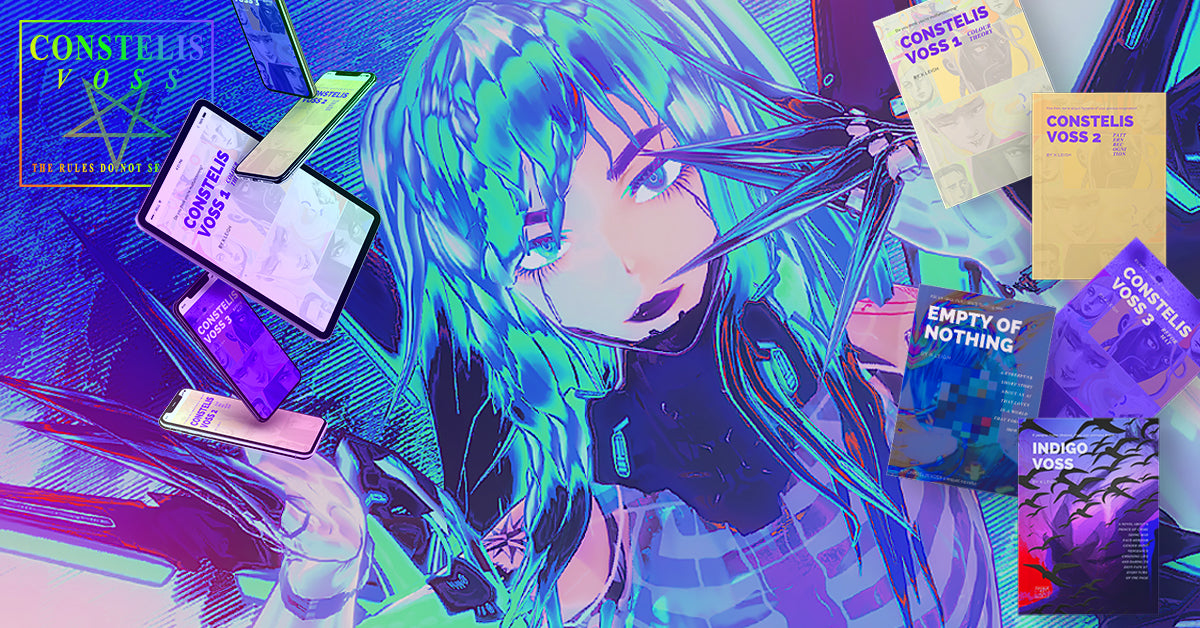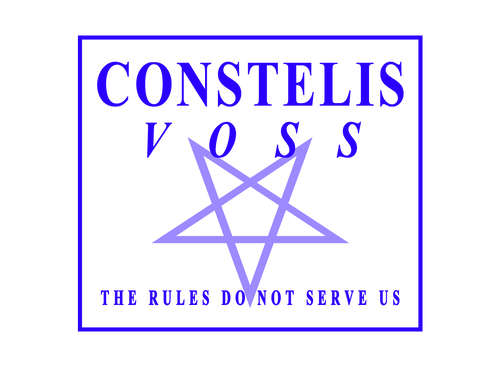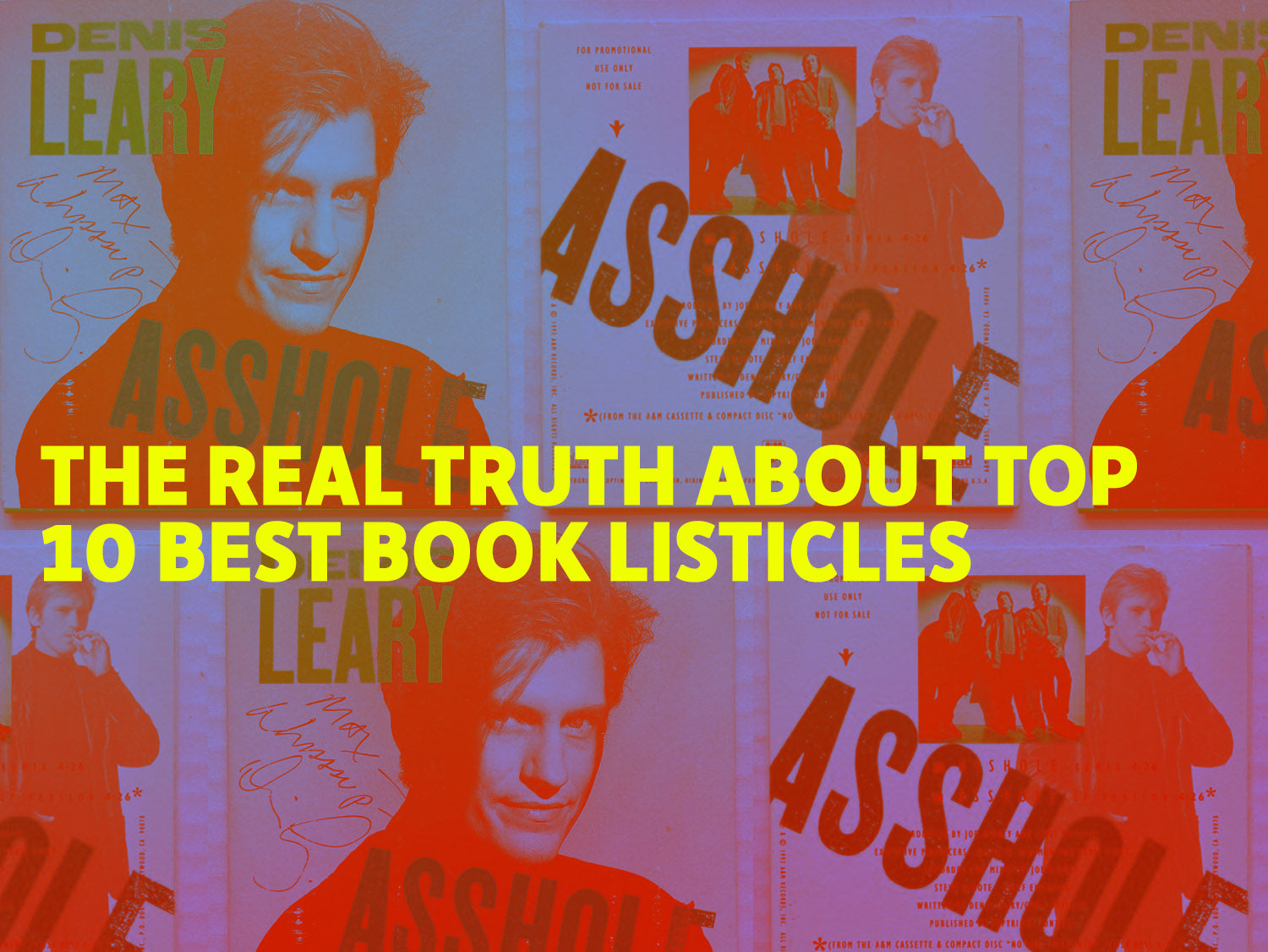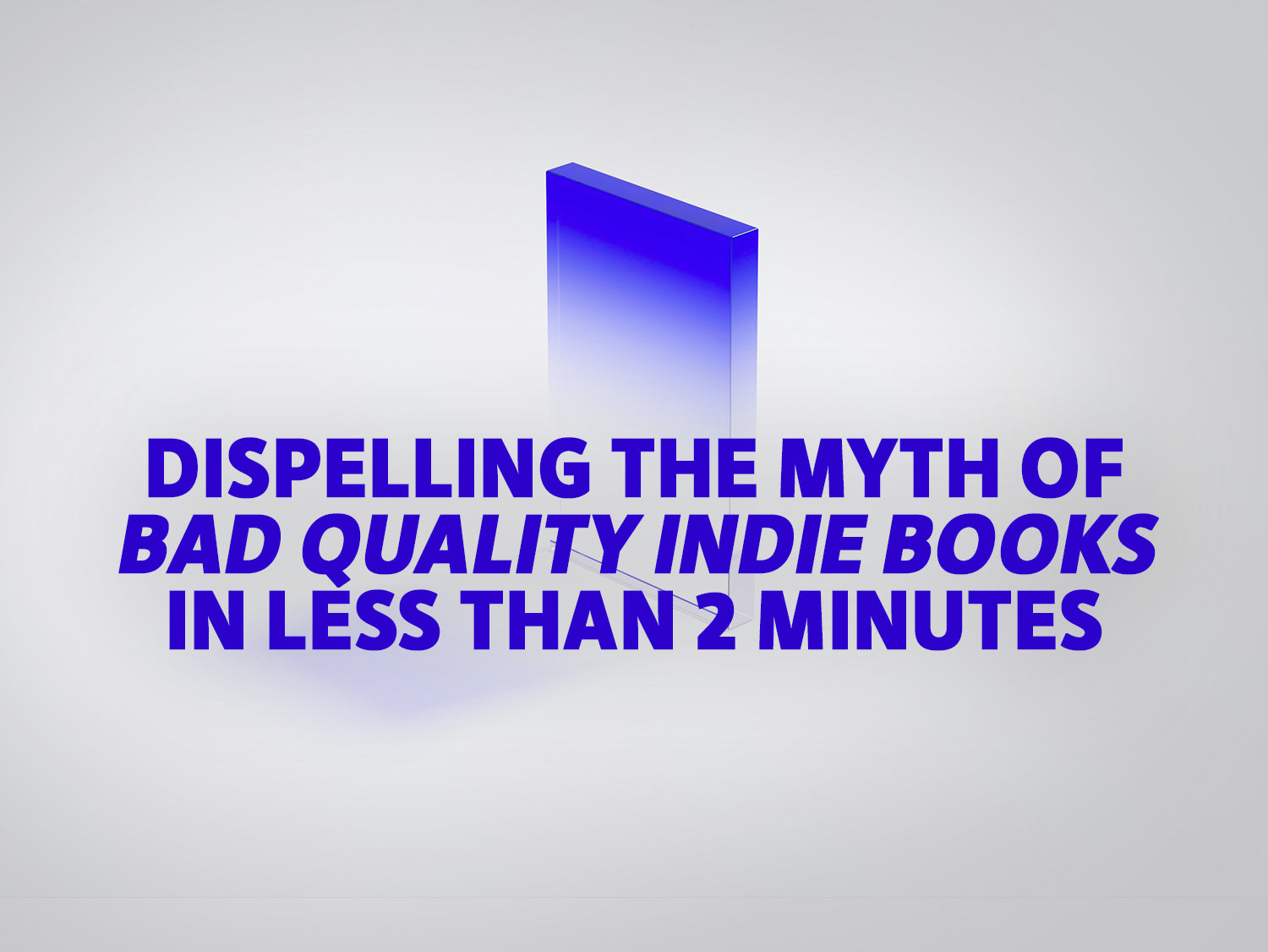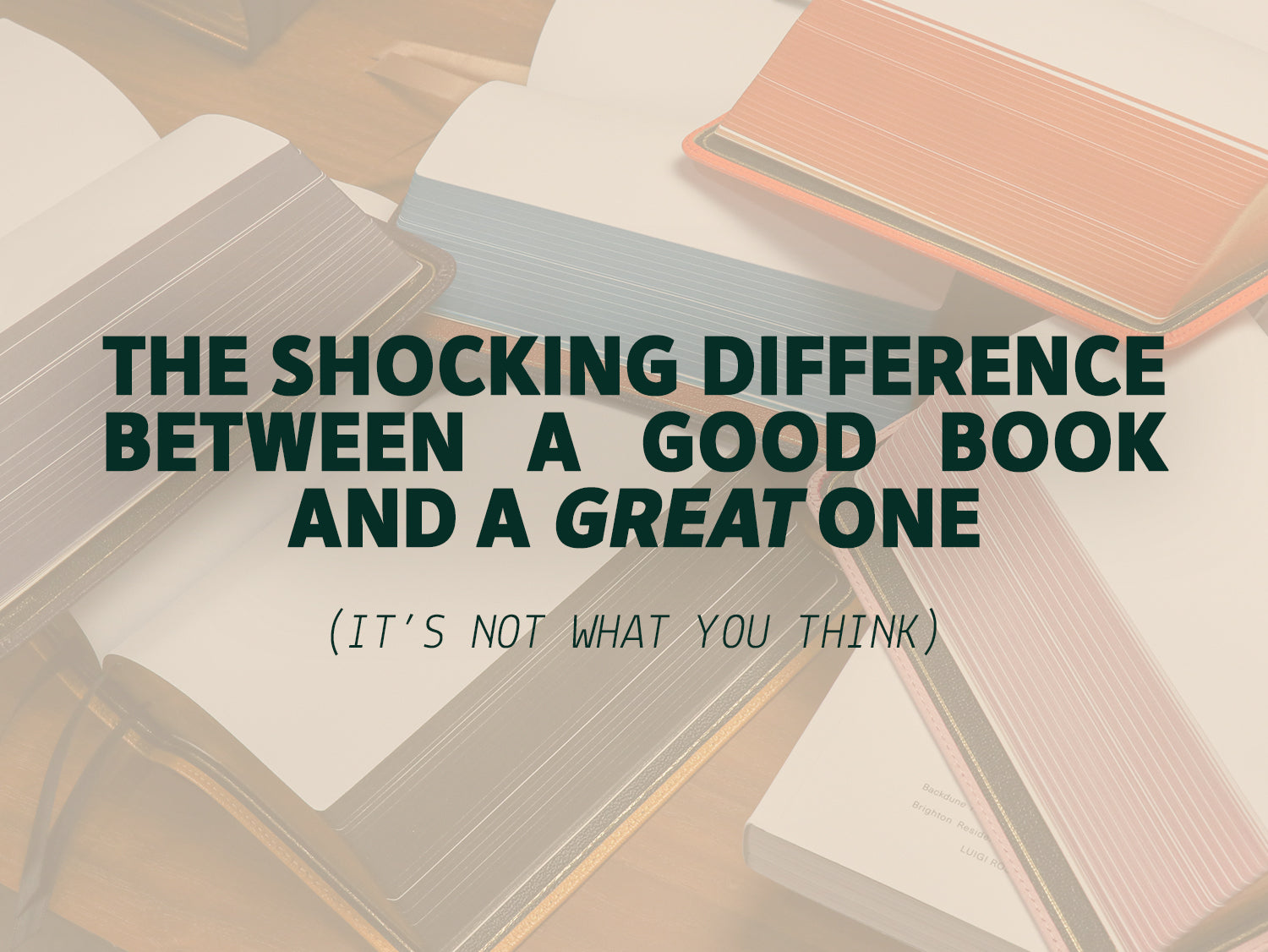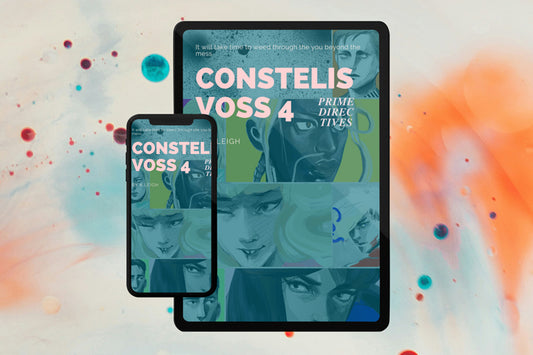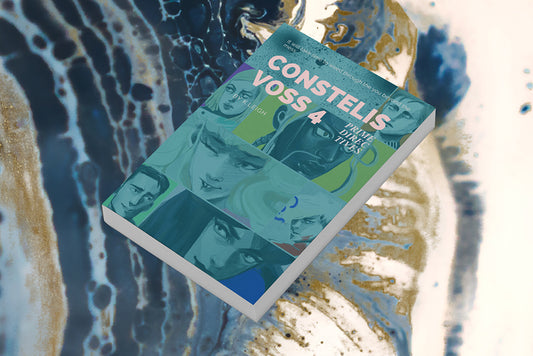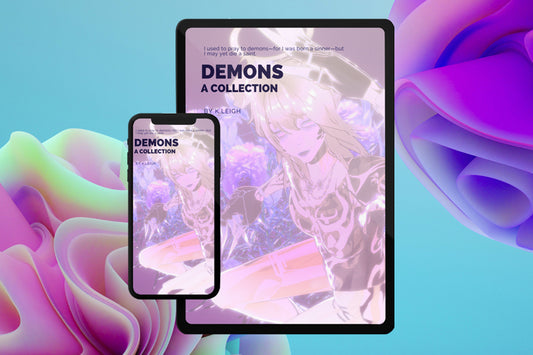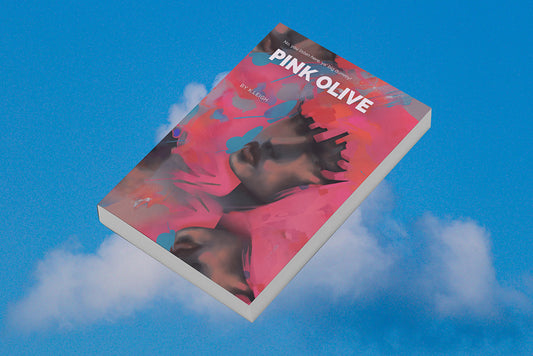For the past twelve million years in very-online spaces, I've noticed an odd pattern with how we grapple with problematic books. Quite simply, we don't. We brand books bad, the Goodreads reviews pour in—many from people who've never read the work in question—and all hell breaks loose.
To put it simply: Not all authors dabble in evil when they pen problematic prose. Sometimes, it's art meant to tackle themes. Other times, authors explore trauma through written-works, or examine unjust reality via their life experiences. Finally, there are some authors who commit atrocities and write about it, much to the dismay of every other writer on the planet. However, they're pretty rare, all things considered.
Keeping this in mind, how can we tell the difference between a truly terrible person and an artist writing challenging books? Is there a formula? An updated database of evil? Was Book I Don't Like written by An Actual Murderer?!
You're going to hate this answer:
There is no easy way to tell if an author is a bad apple based on half-reading one problematic book
Only long-term patterns, context and research make intentions clear

Keep in mind that we're talking problematic books by unobvious authors, not hateful screeds by known bigots. For that reason—just like with every other person in existence—long-term behavioral patterns are how to tell if an author is a bad apple or not. Whether that's egregious statements or actions, intention is processed, not immediately attuned via the art object known as "a problematic book". Not only that, but context does matter when discerning someone's character based on their potentially dicey literature.
The reason for this is quite simple: Art does not always reflect its maker. Sometimes, it reflects the real, painful world. Other times, it speaks about critical social issues. Finally, sometimes books are written to heal their writer. That's why we must be sensitive with how we handle complex literature; #OwnVoices is not just a hashtag, nor is it a mere brandable moment.
As for statements and actions? Surely, if an author writes books stuffed with slurs and/or throws slurs at people, they're a bigot, but that isn't what we're discussing. We're discussing using problematic book content to measure an unobvious author's moral character, which requires context (lanes, even) and thorough research.
Unthorough research looks like readers only vaguely reading a book, perhaps hating it and trying to backwards-engineer an author's intent to create a moral reason for their upset. Then, they take to the Internets to define The Evil with whatever they can find. And sometimes? They get it wrong.
Now, I'm not saying—for example—that authors like J.K. Rowling aren't bigots. Readers, writers and concerned citizens have witnessed her online antics, dire actions and most recent book. All info speaks volumes about the poor quality of her character; Joanne is a transphobe. This isn't up for debate.
I'm also not saying that authors writing books with bigoted content are justified in doing so, nor am I suggesting we let any monocultural author run around puking insensitive garbage just because it's fiction. Absolutely not.
What I'm saying is this: If we hold an author accountable for every bad fictional event, unjust fake society, or terrible not-real villain they write, we're making an error of logic. Essentially, we're conflating a real human being with their art, and that might not always be fair, depending on the circumstances of the work and the author in question. As a writer of homicidal robots, that does not make me a homicidal robot. Understand?
But what about accountability in publishing?
I will treat this question seriously if you do.

When monocultural writers are held to the same exact standards as historically excluded authors, then I will agree with the premise of measuring all authors solely by the content of their books and nothing more.
Wait, what? Read the prior paragraph again, slowly this time.
Truthfully, marginalized authors have a much more challenging publishing journey than others. The barrier for entry is leagues higher, considering the publishing industry is monocultural to its core. From professionals, to leadership and even peers: All data suggests the default narrative is a favored one.
Not only that, but monocultural darlings can—for example—wage full-on war against trans people via their books and nothing happens. Even if industry upset occurs, the heat dies down after a while, or barely touches them. Still a Bestseller, even as a bigot.
Moreover, as much as we hate to admit it, marginalized spaces have this habit of people descending on their peers (including authors) without doing the work. In addition, "call-in culture" isn't a tool that these spaces have adopted. Essentially, the diverse authors we wish to champion get far less protection than bigots with big pockets, yet are held to even higher standards, while community can and will be ripped away from them at any time. This is a problem.
Ultimately, my personal stance on measuring the character of an author based on their problematic book is as follows: I don't do it without exhaustive research of an author's context, behaviors, lanes and actions.
Until parity in publishing comes to pass, my opinion will not budge. Until then, it's uneven standards. Which is something my autistic brain marks as a critical error, maybe even a mortal mistake.
What if a marginalized author makes a mistake?
It all starts with intentions and goals

Let's get intentions out of the way before we proceed. If we're here to measure an author for bad intentions based predominantly on their problematic books, we must discern our intentions, first. Yes, you must abide the same standards of conduct you wish to hold others to, or none of this counts.
Let me ask you some simple questions:
- When you read a book you find problematic, do you think about what the author was trying to say with the work, such as a theme?
- Do you weigh the author's life experiences, contexts and axes of marginalization when analyzing their problematic books?
- Have you researched and found poor patterns of behavior and/or actions by the author? Basically: Are They A Bigot?
If the answers to these questions aren't flavors of "Yes!", you aren't engaging with books in good-faith. Moreover, it means the standards you set for authors are higher than the ones you set for yourself. Finally, it suggests you conflate Problematic Book with Actual Alive Person. Which is not well-intentioned.
Now, if you answered "Yes!" to these, then please continue to hold bad authors accountable. Address problematic literature, discuss the poor character apparent, and lead with the goal of tackling bigotry, abuse and removing damaging people from communal spaces.
Bad apple authors are not our friends.
Why are you defending problematic authors?
I'm not. I'm gay and tired.

As a gay ancient, I'm tired of monocultural darlings writing bigotry and passing it off as literary fiction, while historically excluded authors cough wrong and the internet sets them on fire to keep itself warm.
I'm also tired of both publishers and readers failing to uplift and protect historically excluded authors, time and time again. I'm tired of media illiteracy, Goodreads review-bombing, binary thinking and truly bad literary apples facing no real material consequences.
Mostly, I'm just tired of witnessing bad-faith patterns in literary spaces, which is why this article exists. There is no one single author I'm defending, no specific inciting incident, or otherwise. I wrote this forever-ago and it's here now because the soup of literary spaces has finally broken my brain.
To summarize: When engaging with problematic literature—and discerning bad apples—raise your standards, do your research, note author context, acknowledge lanes and lead with good intentions at solving real problems. There is no other way to go about it.
So, if an author writes about murder, are they a secret murderer?
Probably not, but if you want to find out, be prepared to do the work, or you might just find yourself labeled a bad apple in my book.
